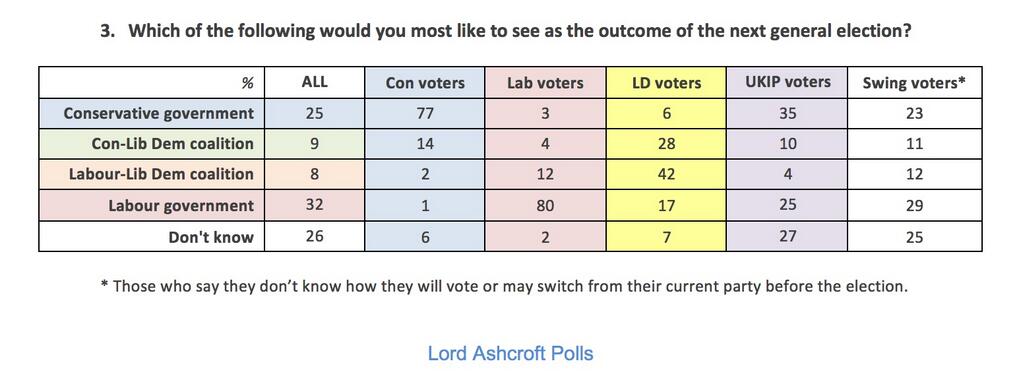That's scarcely "destroying".
Wittering on about the "destruction of the welfare state" might make good copy, but it isn't even true.
She'd do better to focus on the organisational causes of specific failures rather than pretend impliedly that the Tories are taking all benefits away from everybody immediately.
A more competent version of ATOS. Doctors should state exactly what the person's physical and mental capabilities - so you don't have mythical Atos 2.0 making people walk across a room and ticking the "fit to work" box - but then someone with a knowledge of the local job market to look at the doctor's report vs the person's skills and decide whether it's practical for the person to get a job. The doctor shouldn't be doing the 2nd half of that process.
Makes sense.
I find it touching though the amount of trust we place in GPs who, after all, are self employed *private* subcontractors to the NHS while at the same time railing on that privatisation in any form is an evil to be avoided at all costs.
The point was more about when benefits come in. I wasn't suggesting that GP's do the full assessment, just that receiving a doctor's note of sufficient seriousness should give rise to a presumption that you can't work and benefits are paid out straight away. An assessment as to whether there are any jobs you can do can be done at a later date, and it may well be that arrangements need to be made (to allow you to work from home, etc.), but benefits should continue to be paid while those arrangements are made.
That makes sense too.
I meet a lot of people on benefits. Very many of my customers are - after all, if you're on a tight budget you are more likely to get a bit of jewellery for £1 rather than £70.
Very many of my customers are disabled too, which is why I keep the shop wheelchair-friendly (or as the local consultants have it "wasting valuable retail space", but I have my principles).
So far as I can tell here the biggest problems that people face are when benefits are withdrawn presumptively. Doubtless that's an incentive to the plain workshy (it is, and some of them are), but it is a kick in the crotch for those genuinely in need - who routinely succeed on appeal.
Frankly, I'm a bit torn on the way it is going. I can't see that there is a good way of weeding the shysters out of the system without causing some short-term pain to the genuinely needy. Usually appeals get sorted out quickly - within a week or two - and generally there's enough community support around to bridge the gap somehow.
That said, if there were a real government incentive to set up businesses in "sink" estates I would be there like a shot. As it is, this is discouraged by the planning/zoning stuff - but I reckon plonking a decent business right in the middle of our local trouble spot could do a whole load of good to the area, to the people, to the feel of the community.


